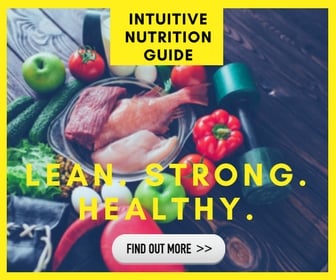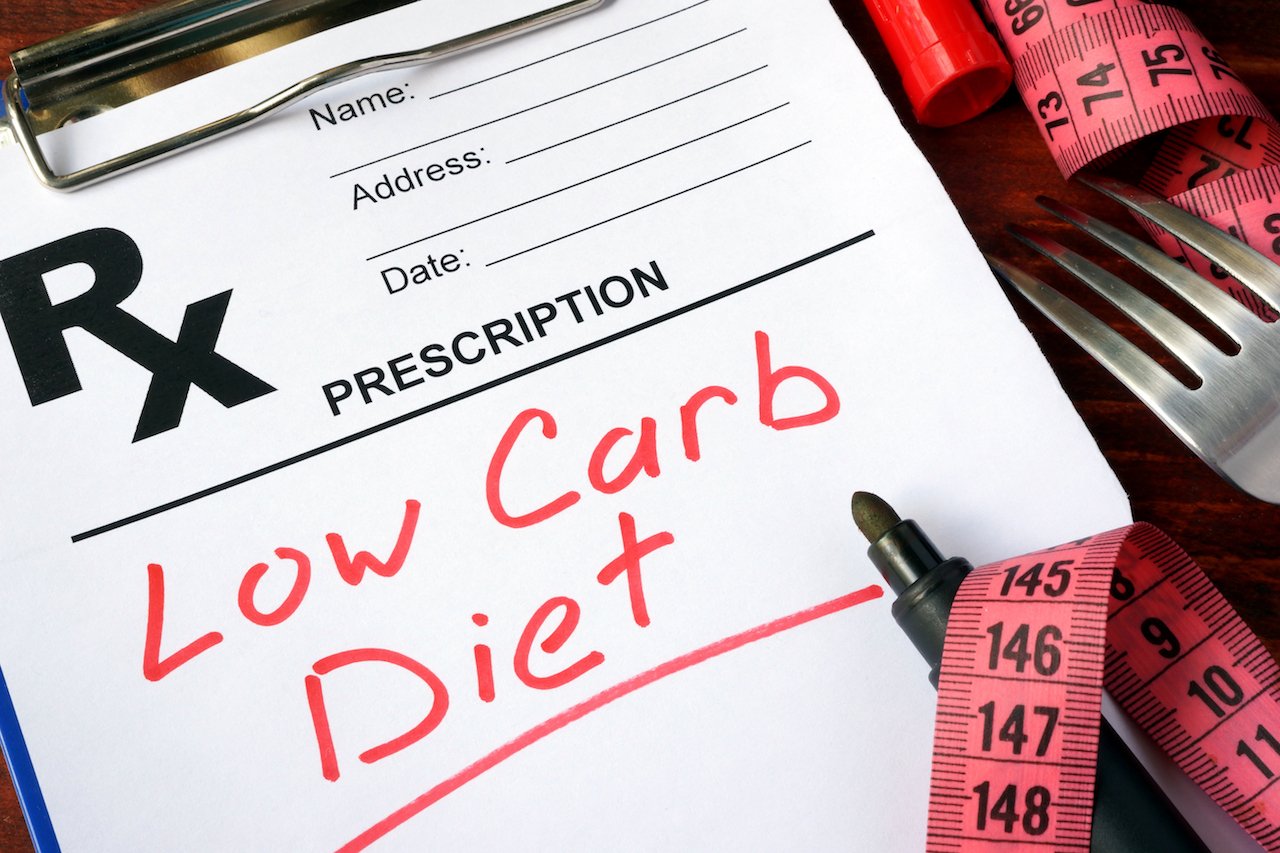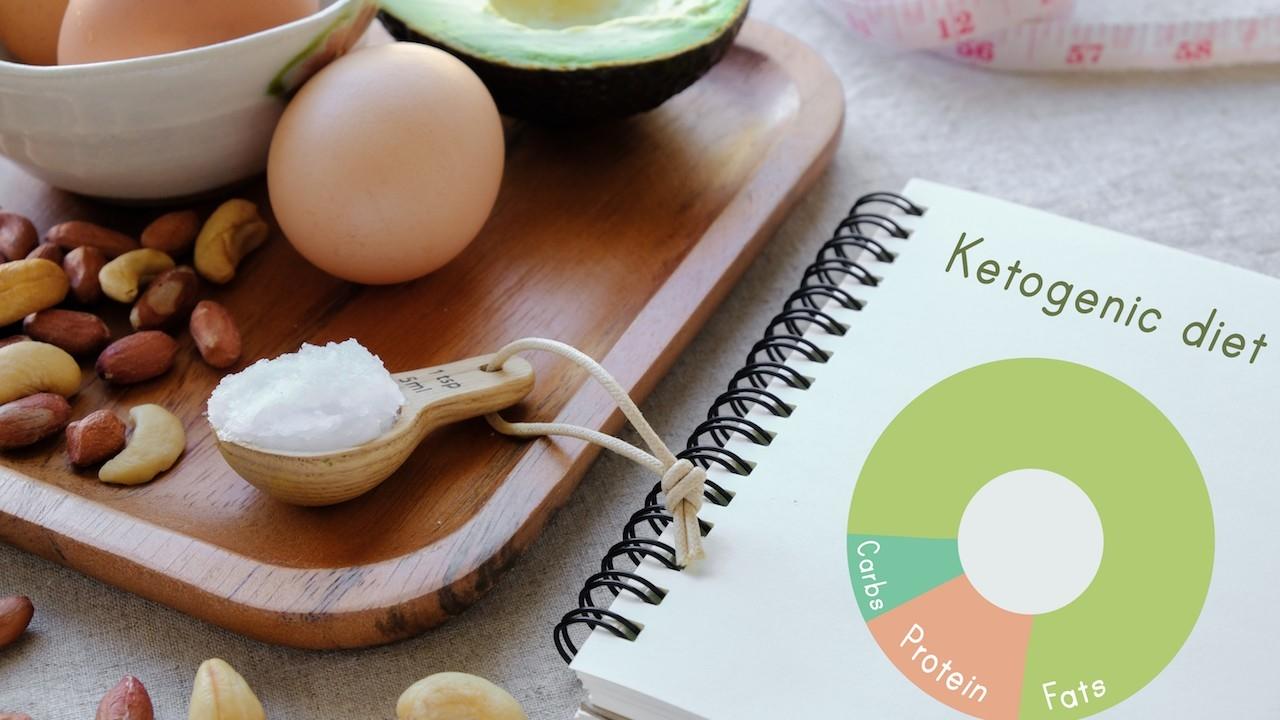Everyone is talking about the ketogenic diet lately, preaching its numerous fat loss and health benefits. Exogenous ketones supplements are becoming increasingly mainstream. What does all this keto/ketone stuff mean? Is the ketogenic diet really all it's hyped up to be? Let's take a look:
How does Keto work?

Your body’s preferred energy source is glucose. Glucose comes primarily from carbohydrates. When you stop eating carbs, your body depletes its glycogen (the stored form of glucose) stores fairly quickly.
When we don’t have enough carbs coming in to fuel our body with glucose, the body eventually starts breaking down fats for energy instead. These fatty acids are converted to ketones by the liver. Ketones replace glucose as the body and brain’s primary fuel source. When the body’s energy supply is coming from ketones, it is in a state of ketosis. The goal of the ketogenic diet is to put the body into ketosis.
What do you eat on keto?
The ketogenic diet is a high fat, moderate protein, and low carb diet. About 70-80% of daily calories should come from fat, 20-25% from protein, and 5-10% from carbohydrates.

Since ketones (the main fuel source in keto) come from fatty acids, which come from fats, it is obviously extremely important to consume lots of fat in keto.
Consuming too many carbs can very quickly kick the body out of the “fat adapted” state, so carbs must stay low. As a vague guideline, most people eat 30 grams or less of carbs per day on the ketogenic diet.
When the body’s main source of glucose (carbohydrates) is missing, protein can also be converted to glucose. Since the goal of the ketogenic diet is for your body to use ketones as fuel, NOT glucose, it is important to not over consume protein.
Health Benefits of Keto

There are some health benefits from the ketogenic diet. The ketogenic diet was actually developed as a treatment for epilepsy in the 1920’s. More recent research has shown some benefits to other neurodegenerative diseases such as Alzheimer's and Parkinson’s.(1)
Consuming carbs often leads to “energy crashes” throughout the day, due to changing blood glucose levels. Therefore, a low carb diet like keto promotes more consistent energy throughout the day, eliminating blood glucose spikes and crashes.
As a side effect of keto being so restrictive, it also severely limits the amount of unhealthy highly processed foods that can be consumed (however, processed meats are still in the picture). Highly processed foods are linked with poor gut AND overall health. (2)(3)
The ketogenic diet has also been shown to potentially reduce inflammation. (4)
Potential Negatives of Keto

The ketogenic diet is very restrictive diet. The number of different foods you can eat while following it is relatively small. Many micronutrient dense fruits and vegetables ESSENTIAL to health can’t be eaten when following the keto diet. This can very easily lead to nutrient deficiencies.
The restrictive nature of keto also makes it relatively difficult to adhere to long term. Every social event or family dinner involving more than a few carbs is an opportunity to throw your diet off entirely.
Many will also struggle to build muscle on keto. For one, due to fat being so satiating, it could simply be hard to get enough calories for some (which is also why keto works for some to lose fat). Beyond this, insulin is one of a few key hormones to building muscle. Carbohydrates stimulate insulin release. Therefore, a low carb diet leads to decreased levels of insulin, making muscle building harder for most.
Keto isn’t the “BEST” diet for losing body fat

Keto is being marketed as a diet with seemingly “magical” properties. However, any diet that works (causes you to lose fat and possibly weight) is simply due to you being in a calorie deficit.
Fat is a very satiating macronutrient. This makes it hard to eat tons of fat, due to feeling full and satiated from the large amounts of fat you’re intaking.
The common misconception about keto is that it causes fat loss because you avoid carbs. This is entirely not the case. You lose fat on keto, or any other diet, because it helps you eat fewer calories overall.
There is no universal “best” diet for losing body fat, or health in general. Everyone is different in what combination of foods will make them feel and look their best. It might work for you, it might not.
Keto definitely has health benefits, especially for certain populations. However, anytime you completely eliminate a macronutrient from your diet, (carbs in this case) it is very easy to demonize it. Make sure not to fall into that trap if you decide to go keto.
Sources:
(1) https://www.ncbi.nlm.nih.gov/pmc/articles/PMC2898565/
(2) https://www.ncbi.nlm.nih.gov/pmc/articles/PMC4494042/





